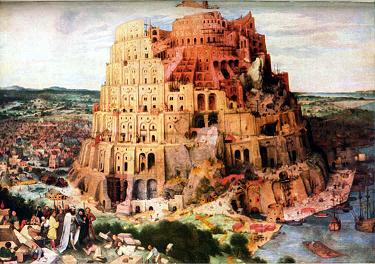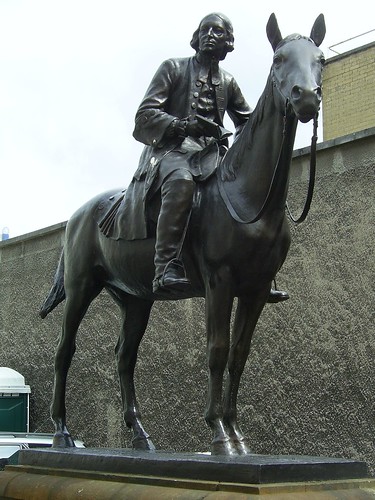'My father, too, laid out Bald Hills, and thought the place was his - that it was his land, his air, his peasants. But Napoleon came along and swept him aside, unconscious of his existence, as he might brush a chip of wood from his path, and his Bald Hills and his whole life fell to pieces. Princess Maria says that it is a trial sent from above. What is the trial for, since he is no more and never will be? He will never come back again! He is no more! So for whom is the trial intended? The Fatherland, the destruction of Moscow! And tomorrow I shall be killed, perhaps not even by a Frenchman but by one of our own side, by a soldier discharging a musket close to my ear, as one of them did yesterday; and the French will come along and take me by my head and my heels and pitch me into a hole that I may not stink under their noses; and life generally will go on under new conditions, just as natural in their turn as the old ones, and I shall not know about them, for I shall be no more.' (from War and Peace , Book 3, Part 2, section 24.)
When I was in the sixth form, during the very early seventies, I read loads of science fiction. One of the novels I read was Aldous Huxley's Brave New World . So, I read another of his, Eyeless in Gaza and discovered it was not science fiction! Then I saw War and Peace, and thought, as I'd managed Eyeless in Gaza I might as well have a go at the longest novel in the world! By the time I went to University in 1972, I had read many Russian authors including Dostoyevsky and Solzhenitsyn. I still like science fiction!
Here Prince Andrei, on the eve of the Battle of Borodino, muses on his father's recent death. Life will go on. This passage is typical of Tolstoy and the way many of his characters think. Andrei understands that just like his father, he will die and the world will continue without him. There is a spiritual exercise where you imagine yourself in your coffin and that the world will continue without you.









Recent Comments